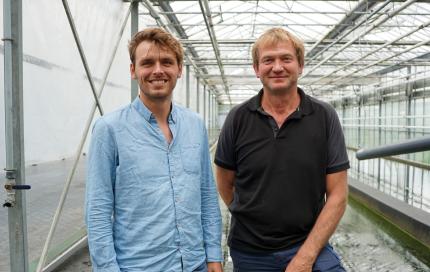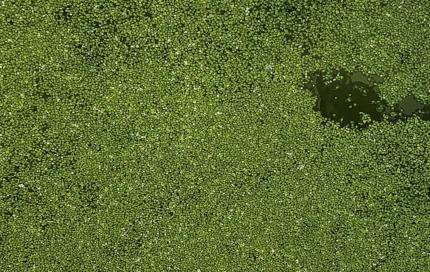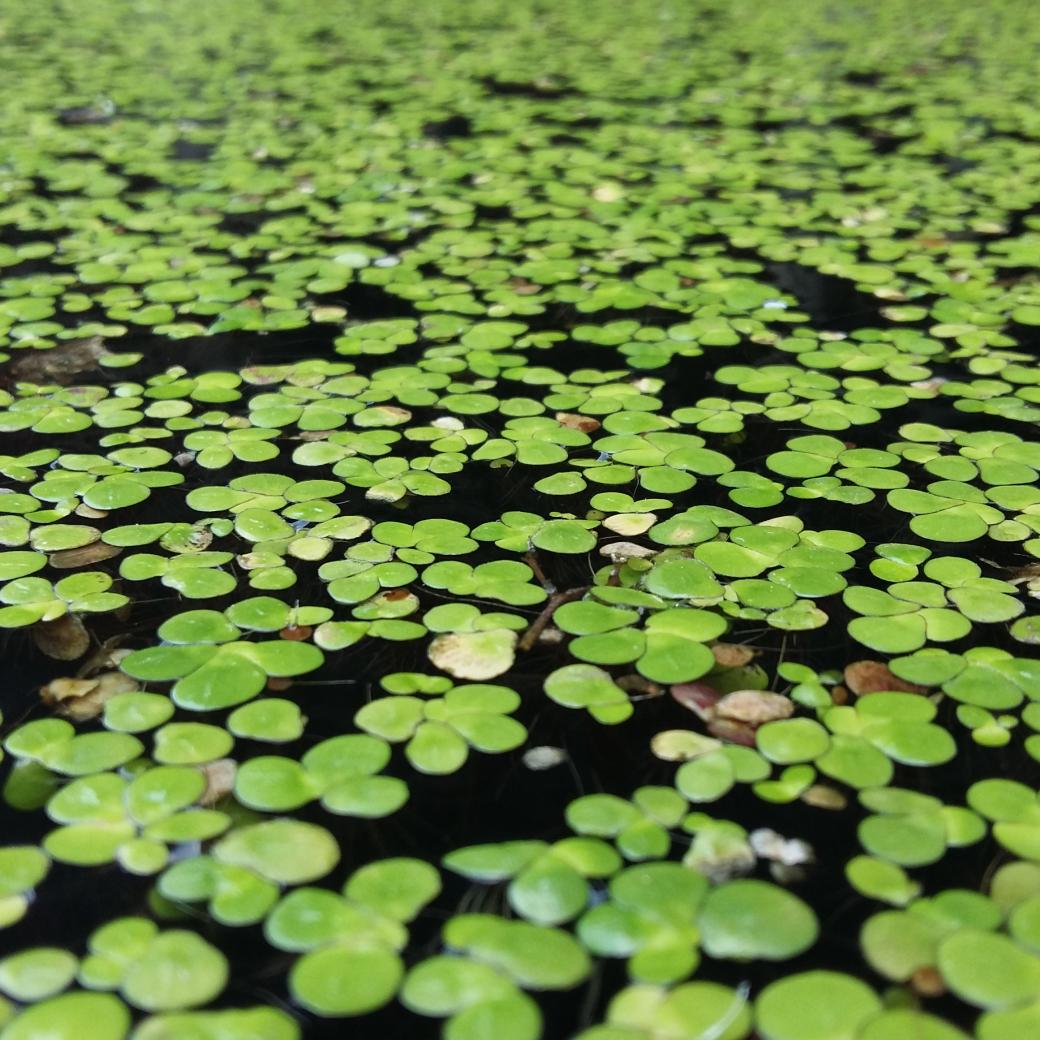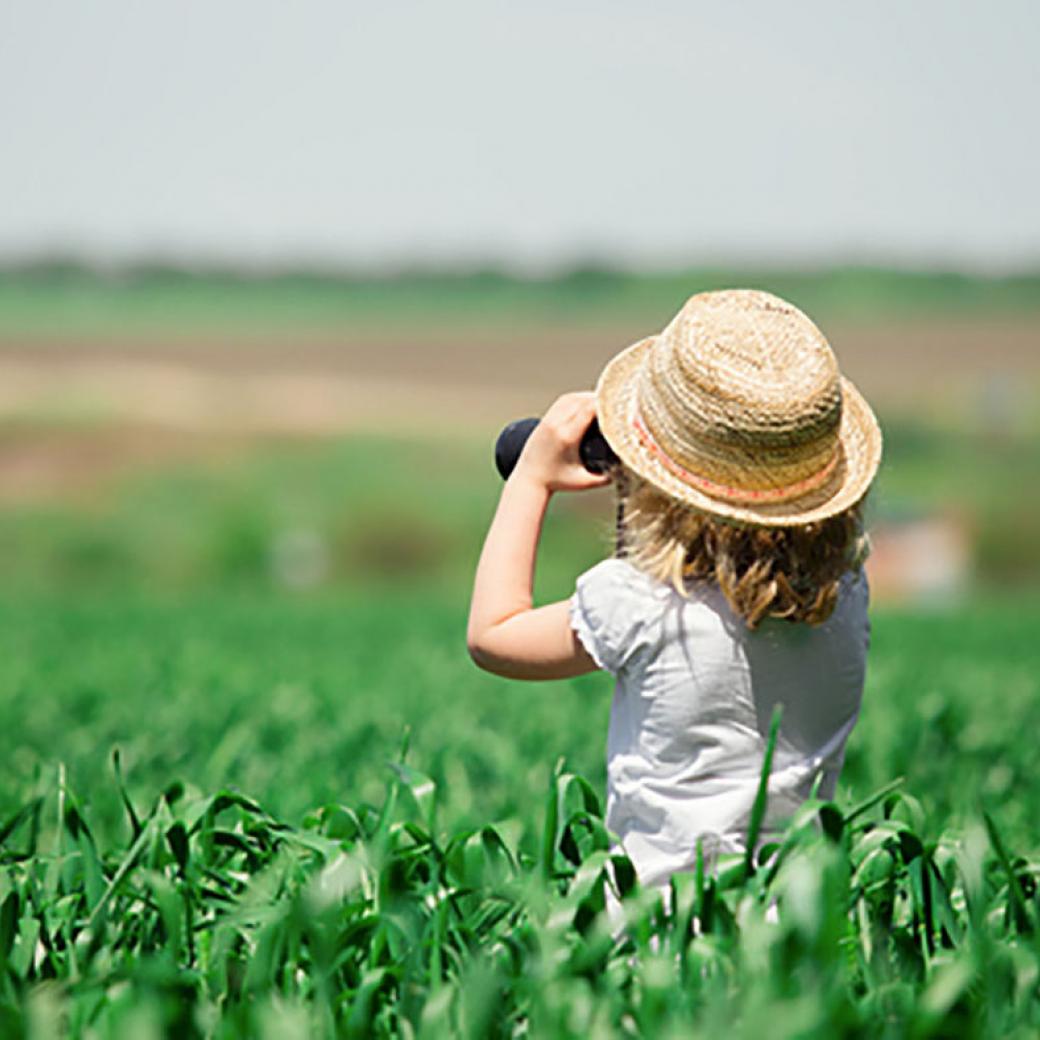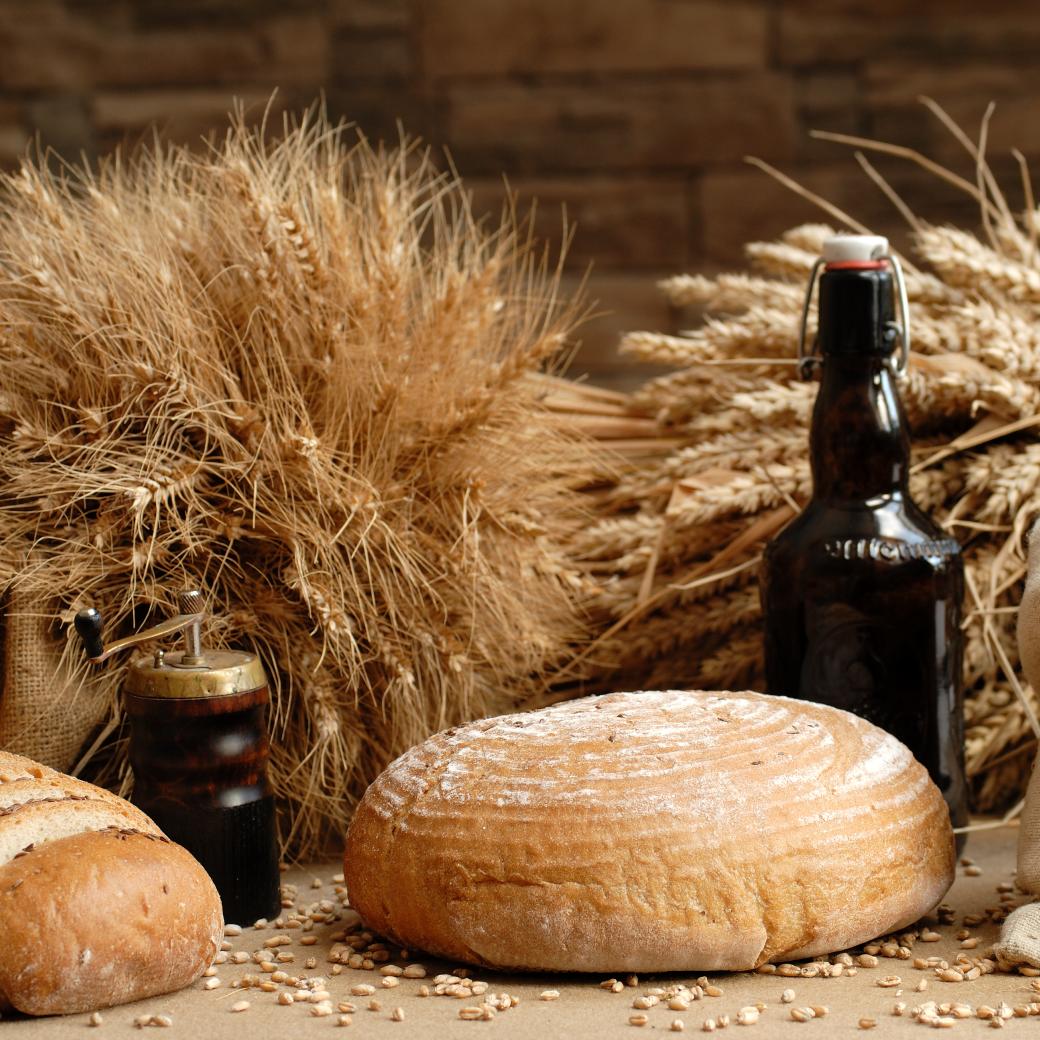Wij willen waterlinzen
With support of:

In this project, Handelskwekerij Vantyghem will start growing Lemna water lentils, suitable for consumption as a leafy vegetable.
Why this project?
Given the ever-increasing population and prosperity, the global demand for protein continues to grow. At the current rate, it is expected that we will need up to 50% more protein by 2050. In order to meet this demand, on the one hand we will have to make the traditional production of animal proteins and feed more sustainable, and on the other, focus on a more diverse supply of protein sources. In Flanders, too, consumers and the government are paying more and more attention to sustainable food systems, based on local cultivation and protein diversification.
Water lentils, also known as duckweed, grown in Flanders tick all the boxes. Water lentils are fast-growing water plants that can produce three to seven times more protein per hectare than conventional land crops such as soybeans.
In addition, they have an amino acid composition very similar to that of soy. They can also purify wastewater by using the nutrients it contains which, in turn, boosts the reuse of raw materials and circularity.
The aim is for water lentils to offer a local and plant-based protein alternative. The project is all about contributing to food security with minimal environmental impact and without additional deforestation.
Methodology and expected results
‘We want water lentils’ is a LEADER project. LEADER or Liaison Entre Actions de Développement de l’Economie Rurale is a grant-based programme for rural development, in this case for the Central-West Flanders region.
The project strives for the following objectives:
- To accelerate the introduction of water lentils as an innovative protein crop.
- To promote water lentils to the culinary and processing sector.
- To offer solutions to broaden agricultural activities, especially for growers in sectors under pressure.
- To eliminate uncertainty by providing a food safety report.
Planned actions:
- Installing a 500 m² cultivation system at Handelskwekerij Vantyghem.
- Demonstrating successful cultivation techniques for water lentils.
- Educational sessions and workshops for gardeners and culinary professionals.
- Developing a vegetarian sandwich spread based on water lentils by Carbon Food Deli.
- Closely monitoring the food safety of the activities as a whole.
Target group
The results of ‘We want water lentils’ are relevant for all companies eager to get started with this innovative raw material in product development or for agricultural and horticultural enterprises wishing to start cultivating it. You can request a water lentil sample from ellen.martens@flandersfood.com
Project partners
The partners are Handelskwekerij Vantyghem, Carbon Food Deli, Inagro and VIVES. Flanders’ FOOD is working on behalf of Inagro to put this innovative crop on the map with the Flemish agri-food industry.

